Here at TOP, we are often asked how we define overpopulation and whether it’s a helpful concept. Good questions! Below I propose a definition of overpopulation, after first considering the suggestion that it’s not necessary or helpful to deploy the term, even —or especially! — if we want to convince our societies to accept good population policies.
by Philip Cafaro
According to David Attenborough, “all of our environmental problems become easier to solve with fewer people, and harder – and ultimately impossible – to solve with ever more people.” Attenborough has seen the global population triple since he narrated his first TV nature documentary back in the 1950s, as people have, in his words, “overrun the world.” So he advocates for policies to end population growth and stabilize the global population sooner rather than later, including universal access to effective modern contraception.
Sir David avoids the term ‘overpopulation,’ as do many environmentalists today. It’s a trigger word that can make it hard for listeners to hear what you have to say. It can get you labelled an “ecofascist” who wants to secure more lebensraum for your own in-group by displacing others. Perhaps, though, it isn’t necessary to show that our societies or the world are overpopulated, as long as we convince people that addressing population would help us solve environmental problems. That might be enough to justify good population policies.
Consider global climate change. The IPCC assures us that population growth has been an important factor in driving the carbon emissions increases of the past four decades, accounting for about 40% of the global increase, with the other 60% driven by increased affluence. On that basis, Brian Walsh, Detlef van Vuuren and Brian O’Neill, among others, have advocated for policies to reduce future population growth—without saying the world is overpopulated, or venturing into the complexities of what a sustainable human population might actually be.

Arguably, population growth has been similarly important in driving recent biodiversity losses and the whole array of global environmental problems. The world’s nations have failed, so far, to address these problems successfully, and the dangers of continued failure are immense. There’s your brief in support of policies to limit population growth, and maybe even reduce current human numbers. All without using the word ‘overpopulation’ or broaching the secular heresy that there could ever be too many human souls. We can show population’s importance without explicitly stating that any current or future population is too high. It is enough that limiting our numbers can help drive down harmful environmental impacts.
A potential problem with this approach is that it doesn’t prove that it is necessary to address population. Perhaps technological fixes, voluntary behavioral changes, clever institutional reforms, or some combination of the three, would be sufficient, or better for some reason. Perhaps addressing population is uniquely dangerous. This appears to be a common assumption in feminist critiques of “populationism,” which focus more on past harms to women under China’s one-child policy than on the harms of patriarchal cultures and restrictive reproductive laws in the Philippines or Central America today.
Populationists can respond that humanity’s failure in recent decades to successfully address global environmental problems shows the need to tackle all three impact factors in the I = PAT equation: population, consumption per capita, and the technologies that facilitate consumption. As Michel Bourban has eloquently argued, the time is past for speculating about ideal solutions, or misusing IPAT to prove the pre-eminence of one or another of the three factors. Instead, we need concrete efforts on all three fronts. Continued failure is too dangerous. This fits in well with the views of most population activists, who rarely argue for limiting population instead of driving down per capita impacts, but for both.
Overpopulation a necessary term
So we can advocate for population action without discussing overpopulation. Nevertheless, I see it as a necessary term, both to capture humanity’s current situation and to point the way toward a sustainable future.
I define overpopulation as follows:
Human societies, or the world as a whole, are overpopulated, when their populations are too large to preserve necessary resources for future human generations or to share the landscape justly with other species.
Recent estimates of a sustainable global population run between two to three billion people, depending on how optimistic researchers are about international cooperation to solve wicked collective action problems. Examples include Theodore Lianos and Anastasia Pseiridis, “Sustainable Welfare and Optimum Population Size,” 2016; Christopher Tucker, A Planet of 3 Billion: Mapping Humanity’s Long History of Ecological Destruction and Finding Our Way to a Resilient Future, 2019; Partha Dasgupta, Time and the Generations: Population Ethics for a Diminishing Planet, 2019; Lucia Tamburino and Giangiacomo Bravo, “Reconciling a Positive Ecological Balance with Human Development: A Quantitative Assessment,” 2021. These estimates affirm, commonsensically, that the more people we want to sustain, the more modest their average standard of living needs to be. They all assume increased efficiency and a widespread willingness to limit consumption—not instead of addressing population, but in order to sustain one quarter to one third Earth’s current population.
The costs of failing to create sustainable societies now will be continued environmental degradation and, according to many ecologists, reduction or loss of the ecosystem services our descendants will need to live good lives. So there is a clear moral imperative to create sustainable societies. But we are a long way from sustainability and these studies suggest it will be difficult to achieve, even with much lower populations. Hence we need the term ‘overpopulation.’ We need it to explain that in all likelihood, the current global population is much too large to ever be sustainable. We need it to advocate for policies to significantly reduce bloated national populations, in both rich and poor countries, rather than allowing business leaders and chambers of commerce to define population issues for the general public.
The second half of my definition states we are overpopulated if populations are too large to share Earth justly with other species. This assumes that our relationships to other species have a moral dimension. Do you agree? Many discussions of “Earth’s carrying capacity” assume that people have a right to monopolize the world’s resources: that other species are themselves nothing more than resources for our use, to be displaced or extinguished if they inconvenience us. This is the economists’ view of the natural world and if environmentalists ignore population matters, we allow it, without a fight, to govern our interactions with other species. That’s because > people = < wildlife.

In just the past fifty years, wild vertebrate populations declined by approximately 60% globally. Anthropogenic extinction levels are an estimated 1000 times higher than the historical background rate and climbing. Such trends provide prima facie evidence that humanity is overpopulated. The key to reversing them, according to conservation biologists, is preserving much more habitat in protected areas: 85-90% of wild species could be preserved if humanity set aside half of Earth’s terrestrial landscapes and seascapes primarily for other species. But such interspecies generosity is impossible at anything like our current population. To grant Half Earth to our fellow earthlings, we will likely need billions fewer people. Instead, according to UN projections, we are on track for billions more.
Henry Thoreau once remarked, “in the long run men only hit what they aim at. Therefore, though they should fail immediately, they had better aim at something high.” Sharing Earth fairly with other species and with future generations are noble goals. They are achievable—but only at much smaller populations. Even if environmentalists use it selectively in our political work, ‘overpopulation’ remains a necessary word. Hitler couldn’t imagine too many Germans. If we can’t imagine too many people, we are well on the road to real ecofascism.


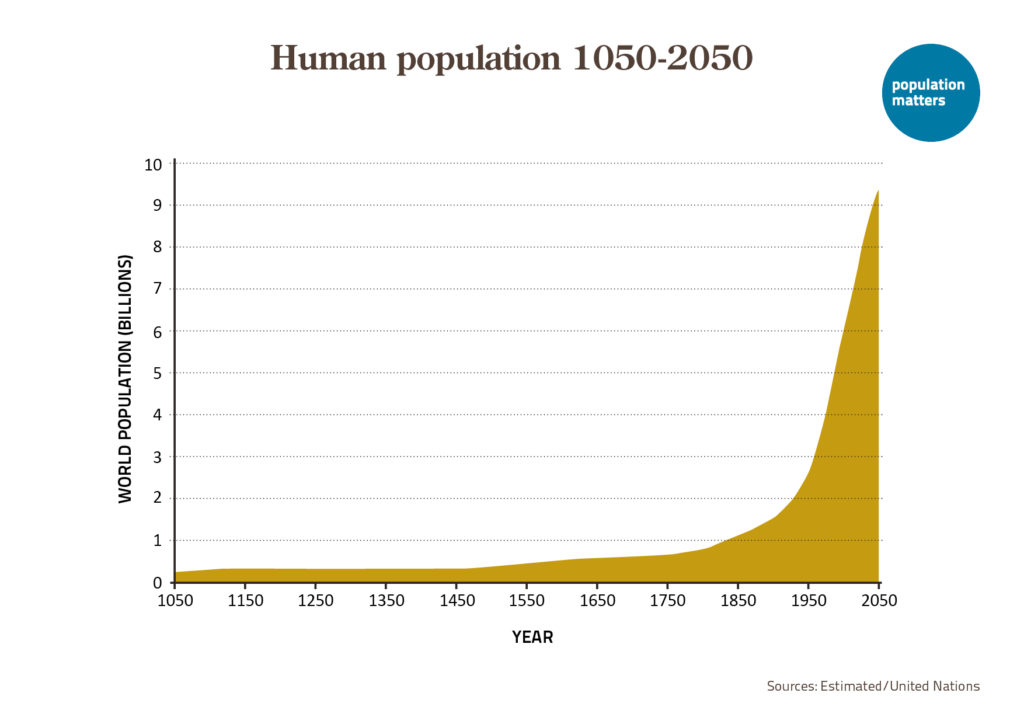
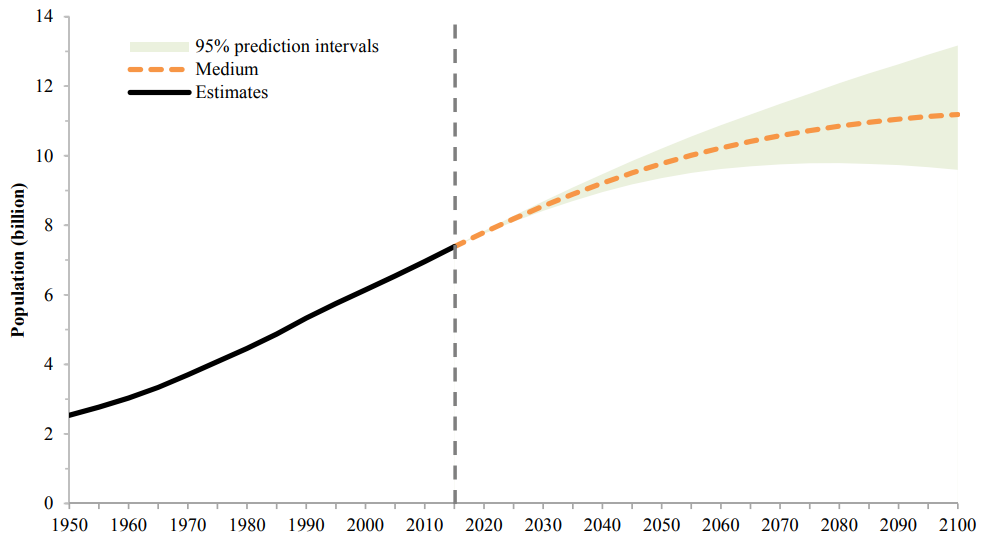
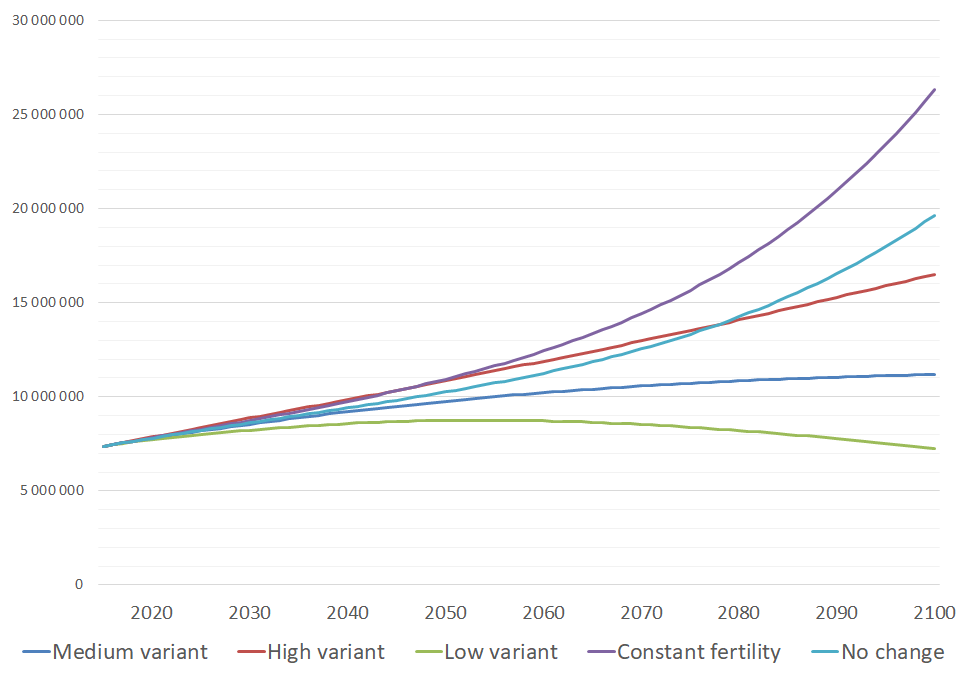
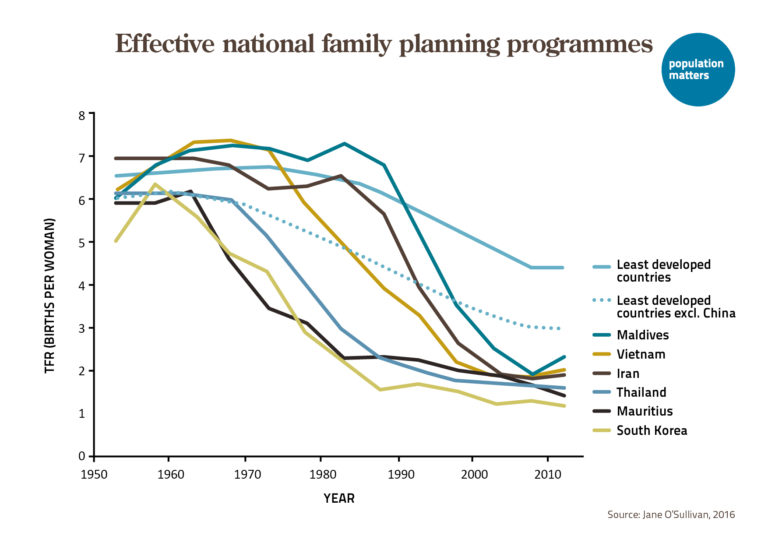

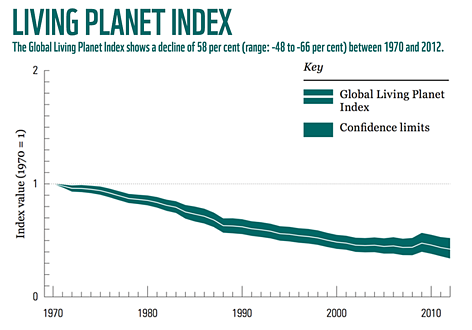
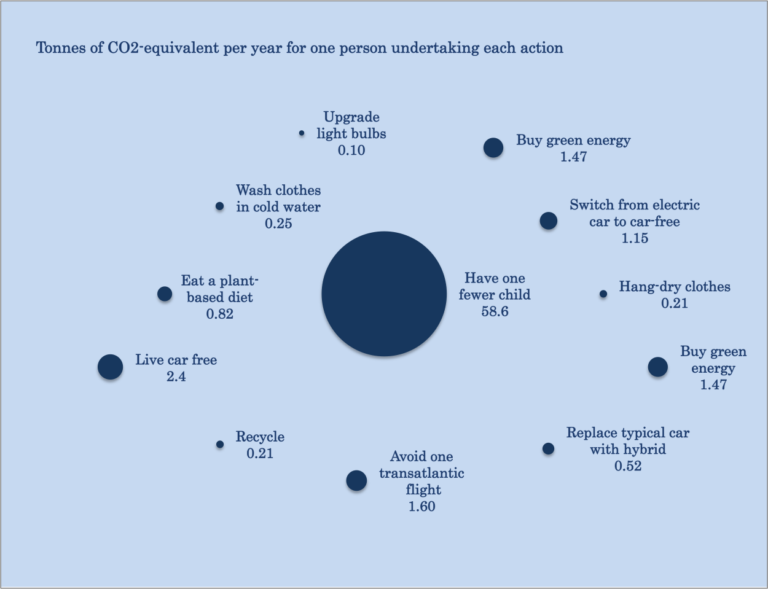
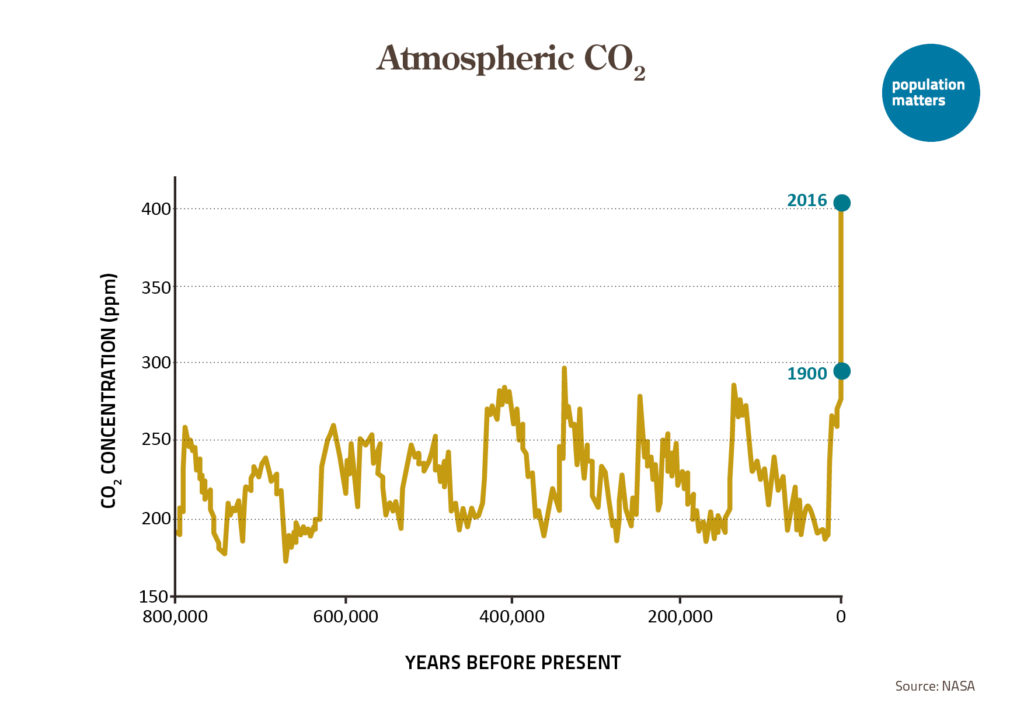
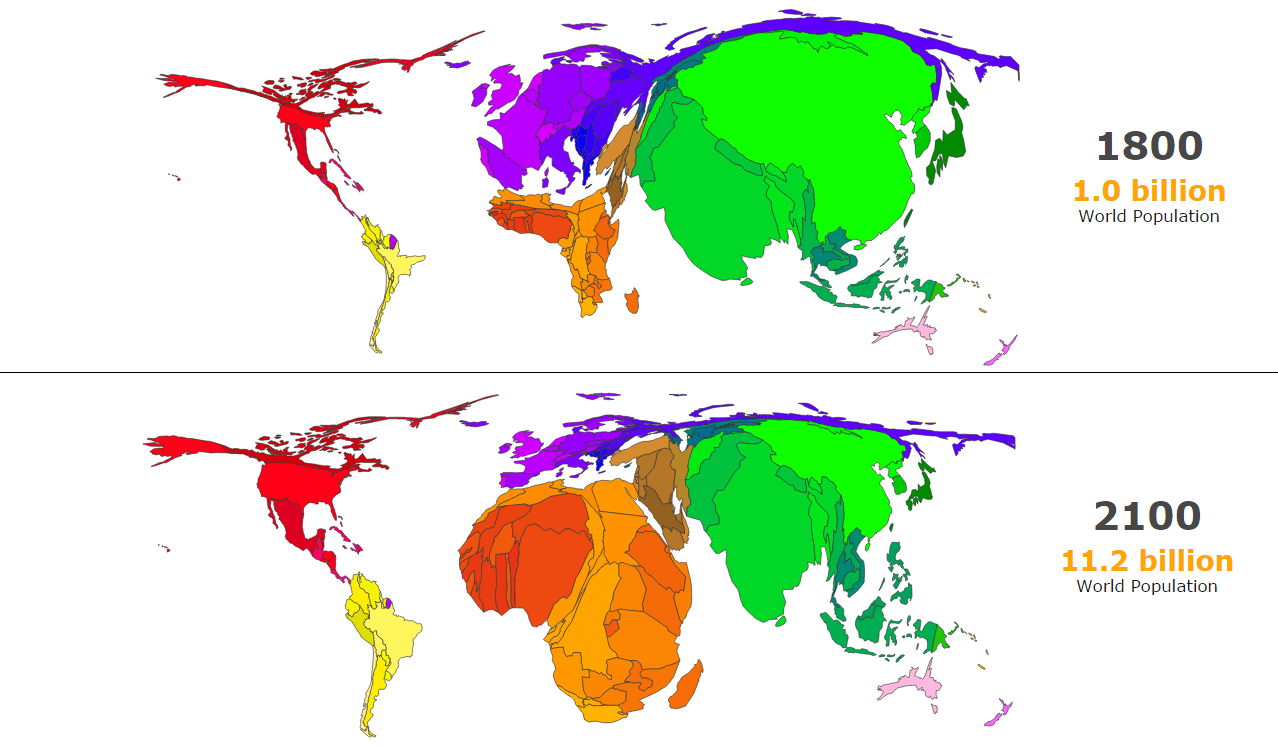
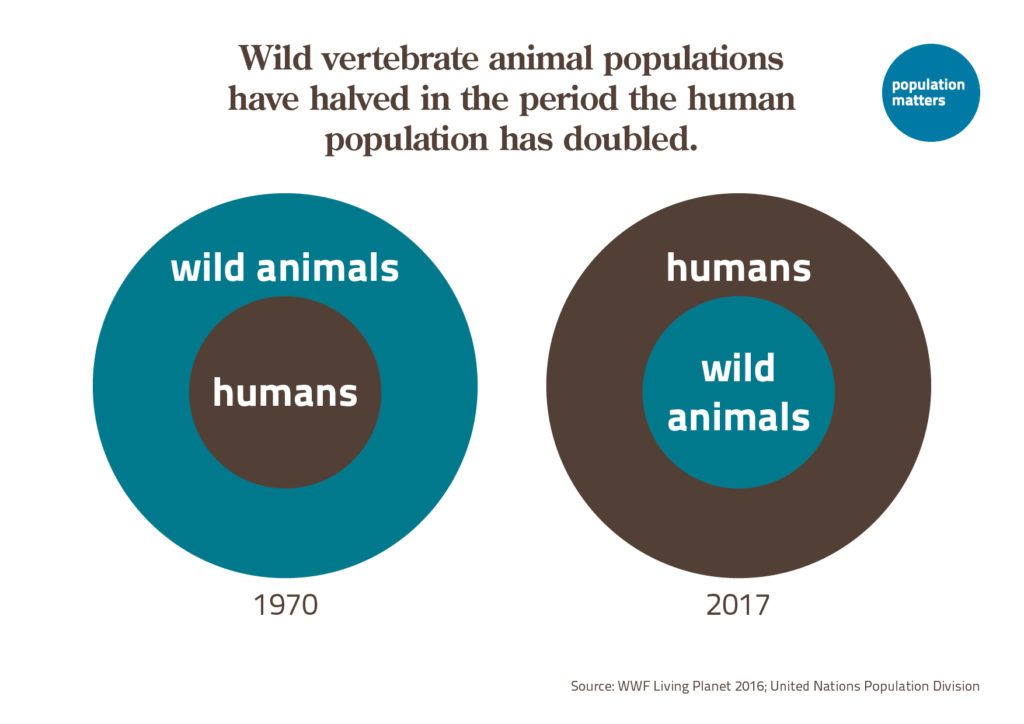
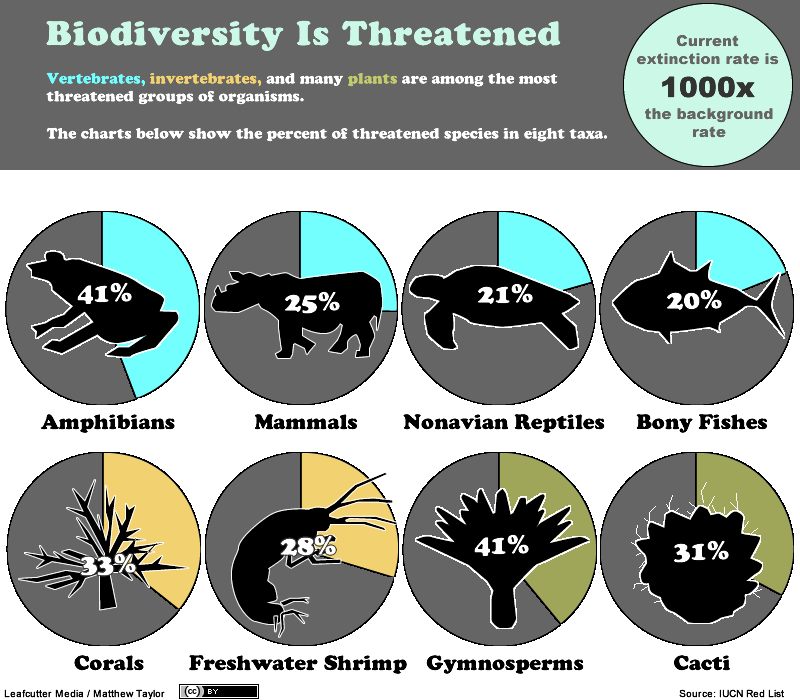
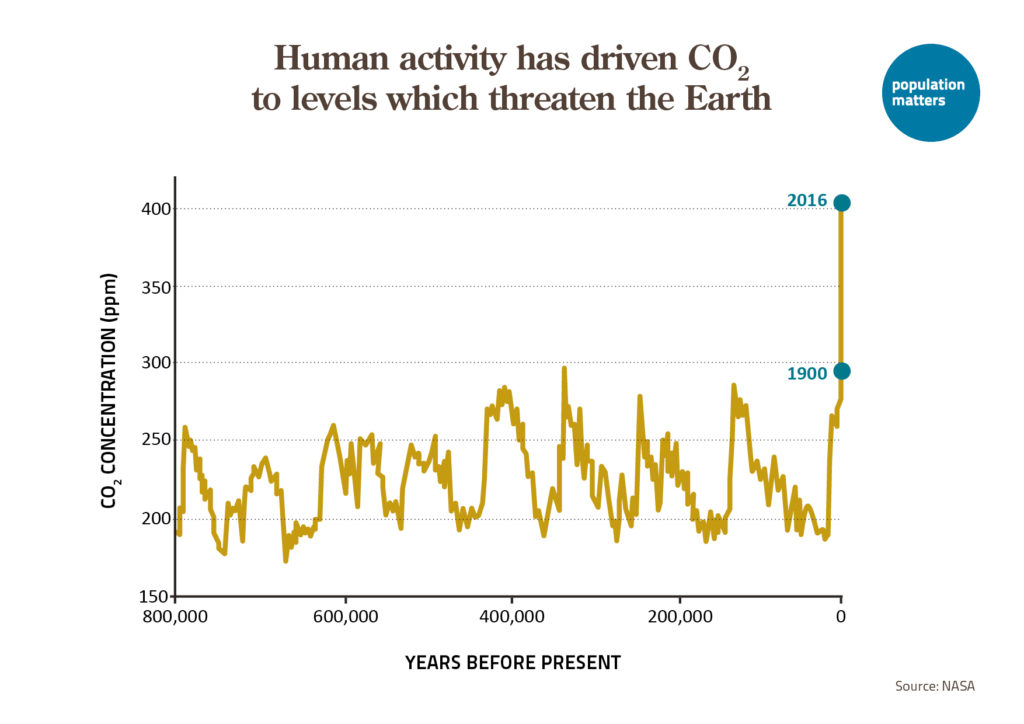
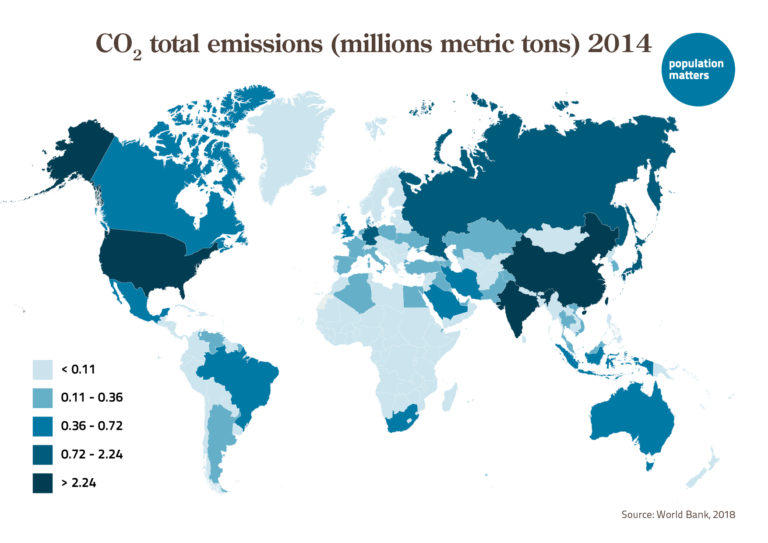

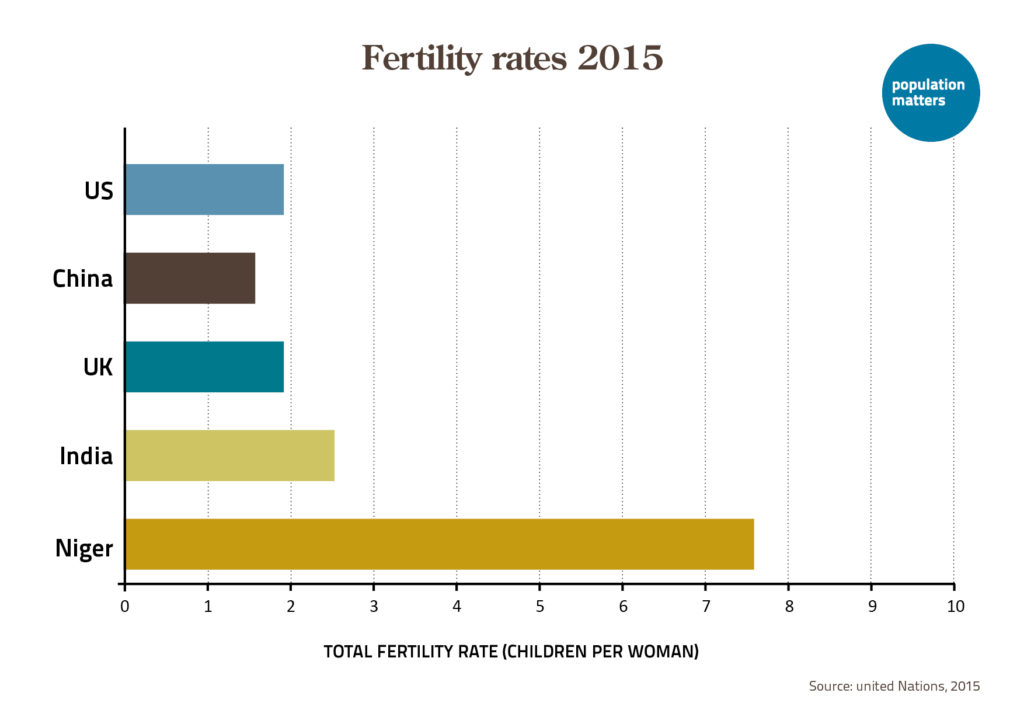
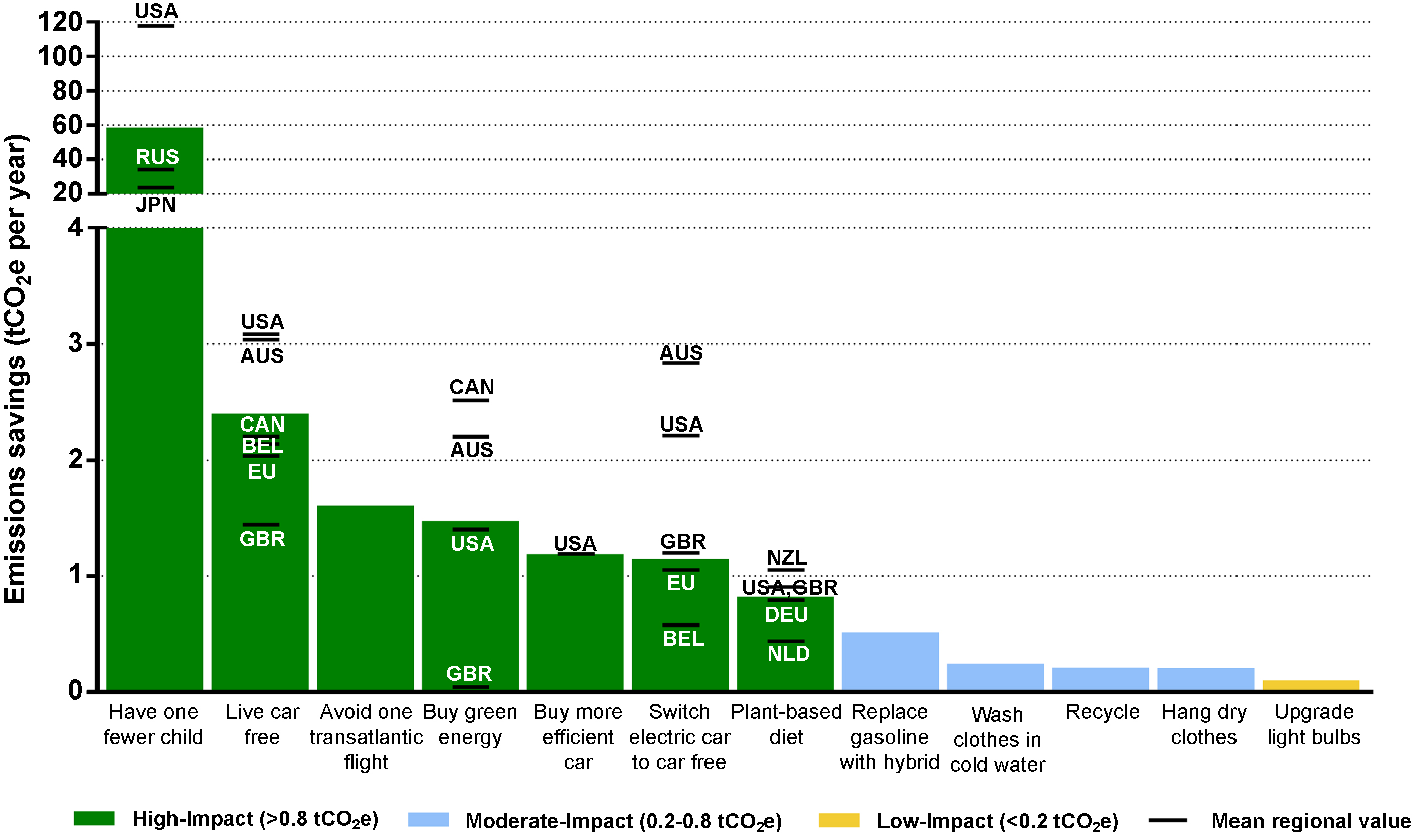



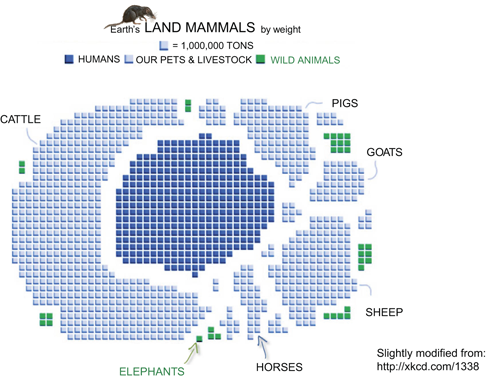

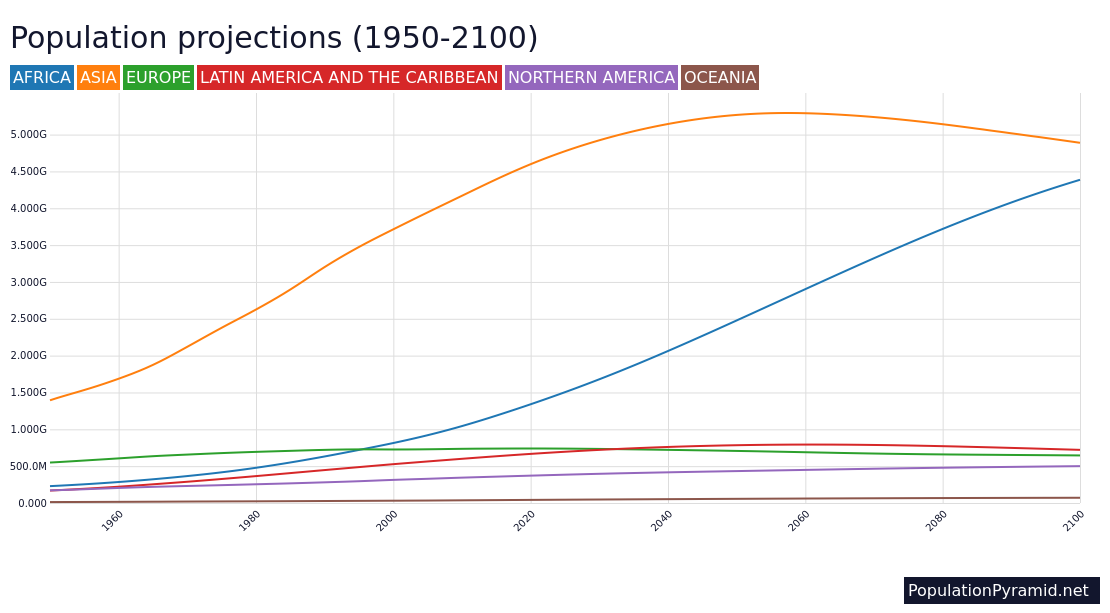
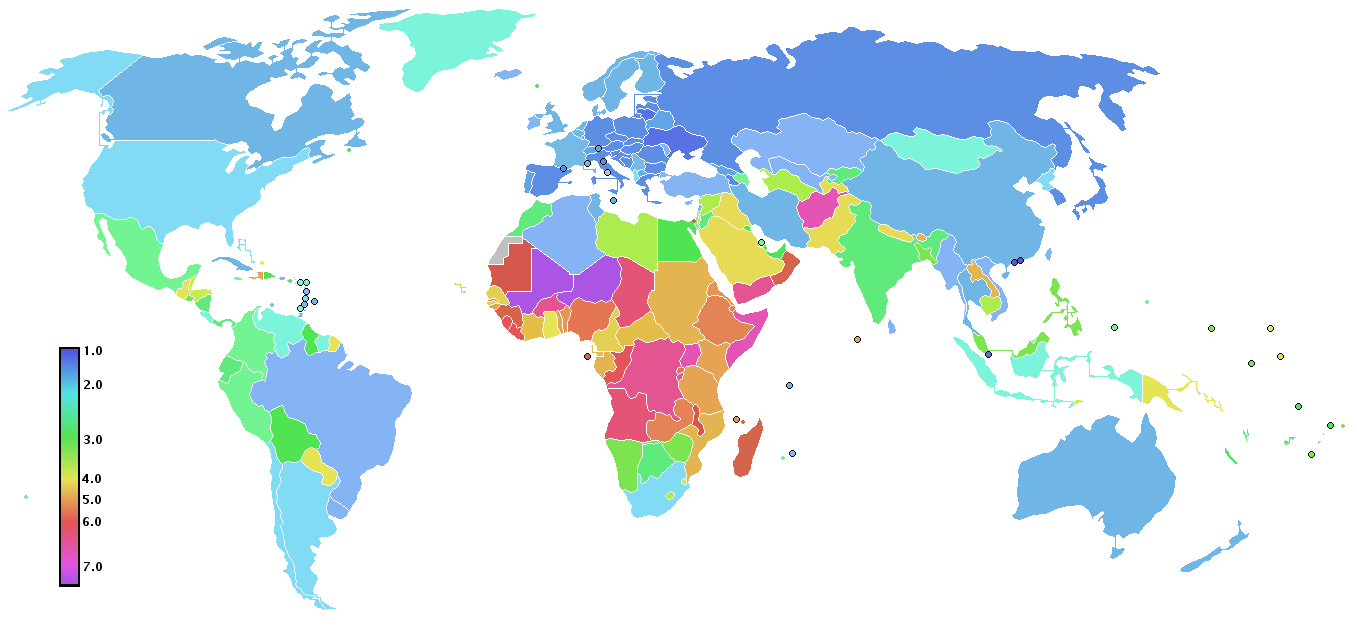
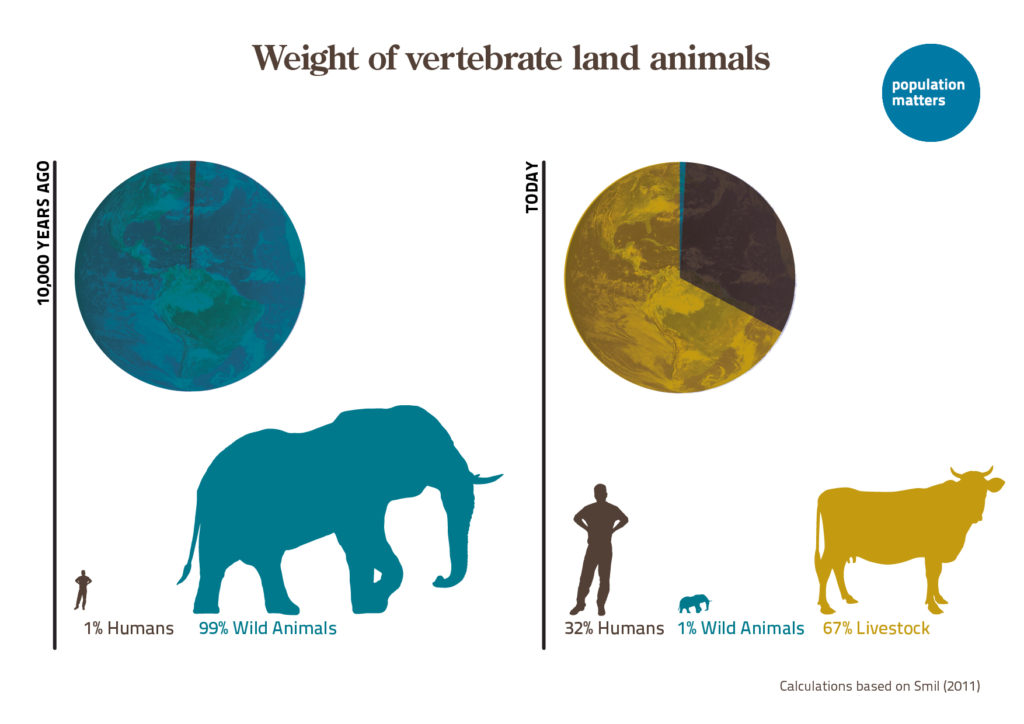

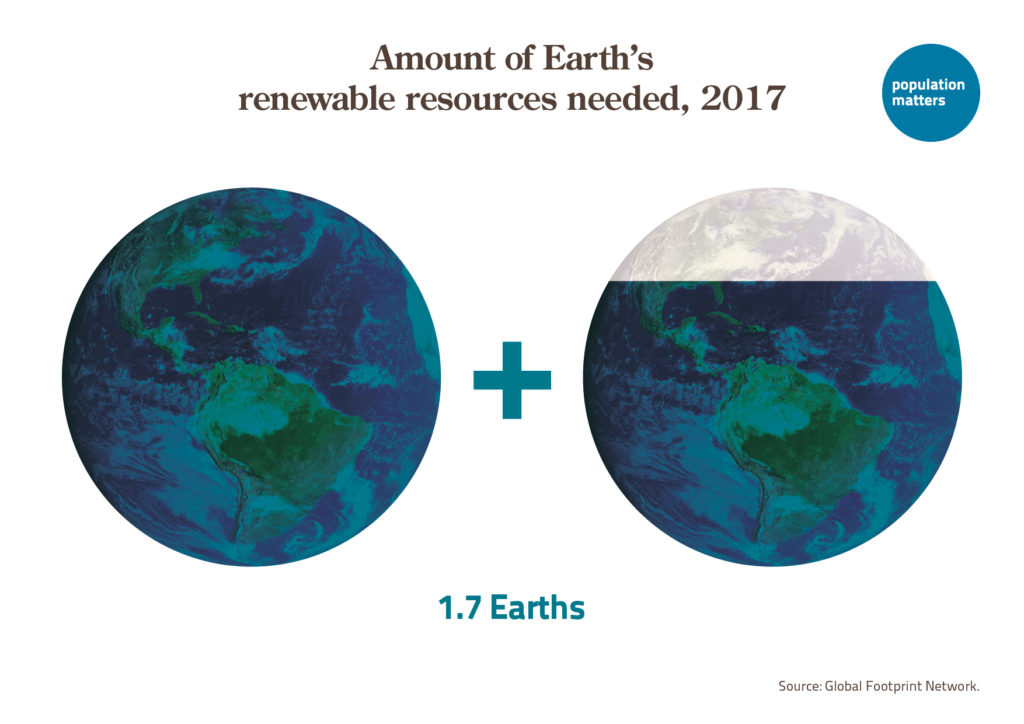


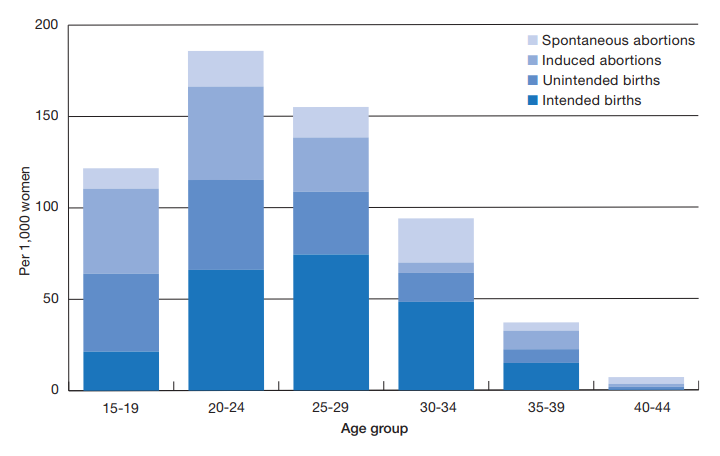
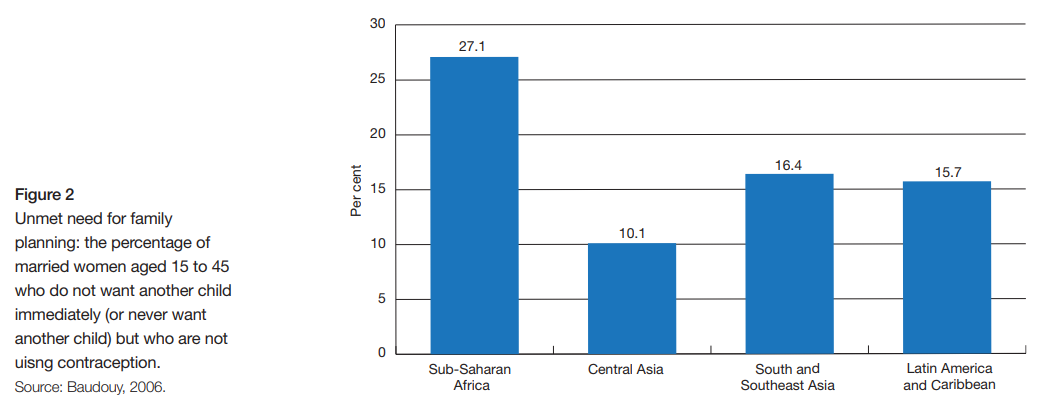
Leave a Reply